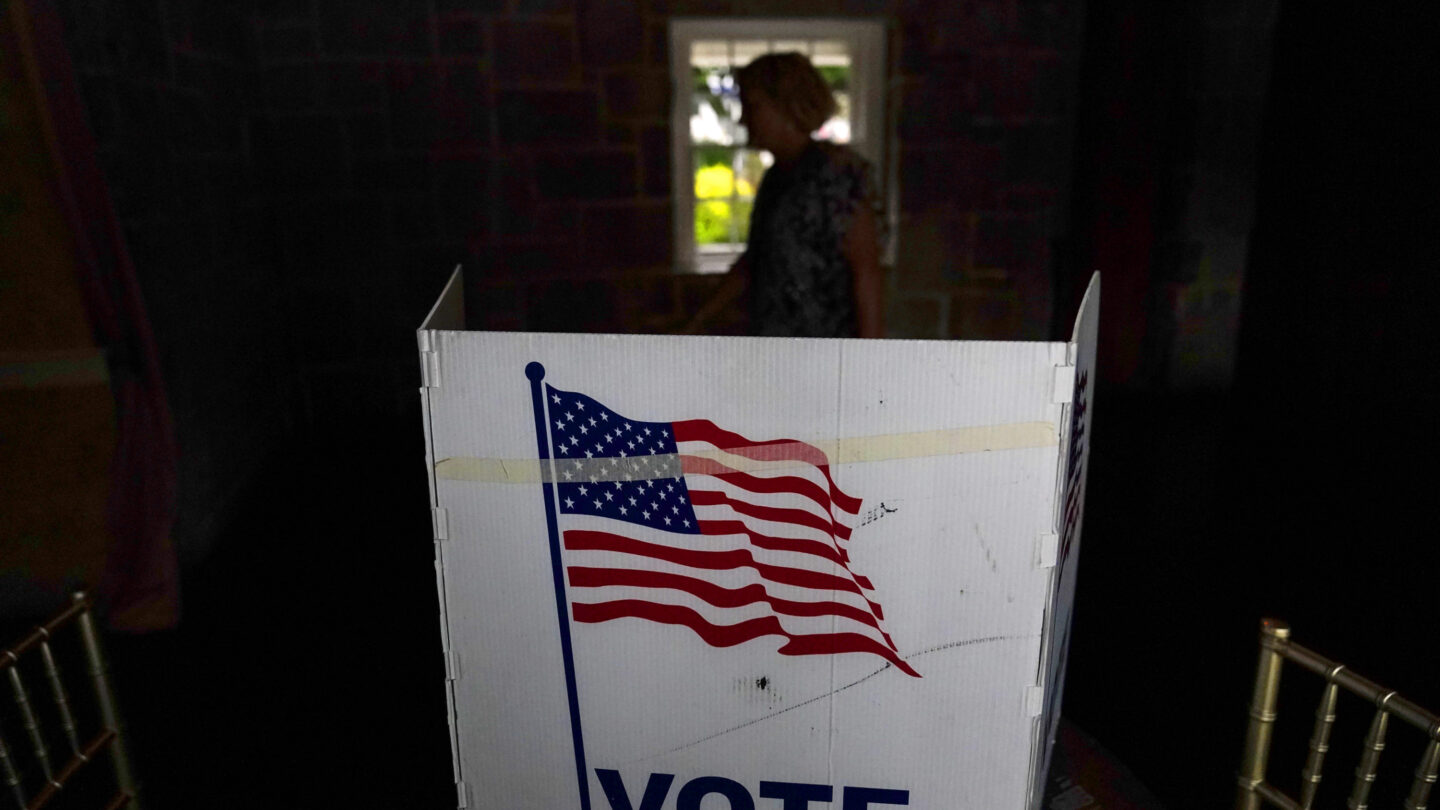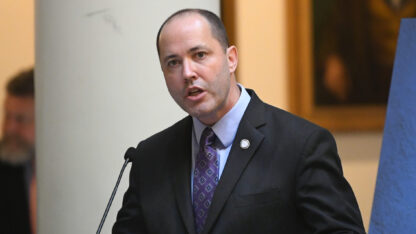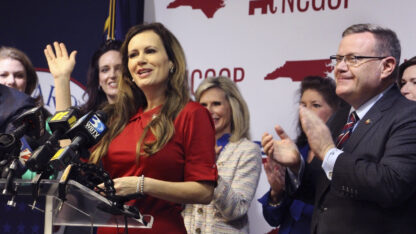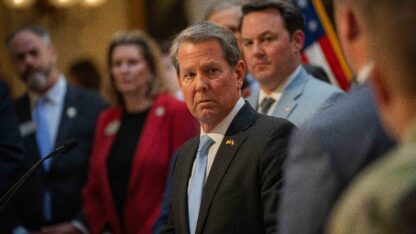The Carter Center has launched a bipartisan effort to encourage candidates, political parties, and voters to uphold five core doctrines of democratic elections: integrity, nonviolence, security, oversight, and the peaceful transfer of power.
The initiative is called the Candidate Principles for Trusted Elections, and it is meant to bolster confidence in the election process by promoting respect for the electoral process.
Anyone interested in committing to the principles can pledge their support for the Candidate Principles at principledcandidates.org.
Avery Davis-Roberts is an associate director of the Carter Center’s Democracy program and leads the organization’s election work in the U.S.
She said the Carter Center is very pleased to have a wide range of elected officials and candidates from across the political spectrum, including the three candidates for Georgia Secretary of State: incumbent Brad Raffensperger, a Republican, and his two opponents, Democratic State Rep. Bee Nguyen, and Libertarian Ted Metz.









